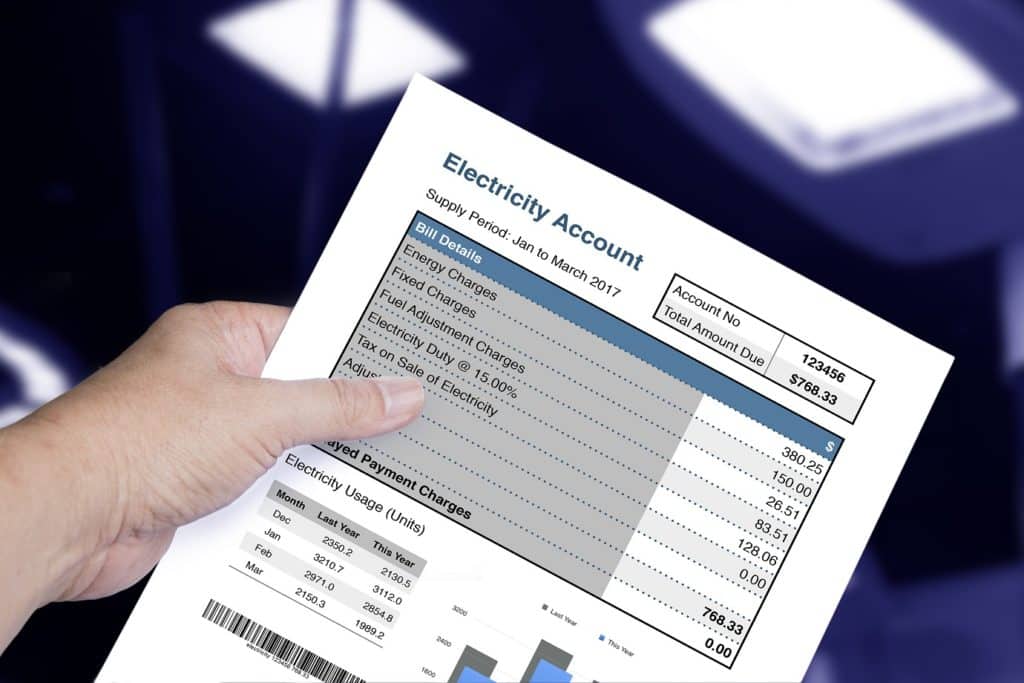Perpetrators of domestic and family violence are known to exploit essential services like electricity, gas, water, and communications to control victims and inflict economic, psychological and physical abuse.
Now, the Australian Energy Market Commission has published new rules that will ensure energy retailers play their part in preventing that exploitation and provide support to their customers who are affected by domestic and family violence.
Common ways for perpetrators to use services like energy to exert control in abusive relationships include insisting the account is in the victim-survivor’s name and refusing to contribute to the cost, holding the account in their name and refusing to pay bills to the point of disconnection and threatening to have the service cut off.
Perpetrators also use essential service providers to access personal information like the victim-survivor’s new address or contact details.
This kind of abuse can often mean victim-survivors are left to cover the costs on their own, face being disconnected and without energy, or have their safety compromised.
The new rules will ensure energy retailers put in place family violence policies so that customers have certainty they are entitled to protection if they experience family violence.
Under the rules, retailers will need to safeguard their customers’ identities and personal information, as well as recognise the financial impacts facing victim-survivors of family violence.
Staff at energy retailers will also be trained to understand family violence matters, and to recognise when an affected customer needs assistance. Customers will not need to provide documentary evidence to receive the appropriate support, and the need for customers to repeatedly disclose details of their family violence experience will be minimised.
The rules will also ensure energy retailers are more flexible, communicate with affected customers using their preferred method of communication, and minimise unnecessary regulatory burden on customers.
Chair of the Australian Energy Market Commission Anna Collyer said energy retailers have the capacity to play a significant role in helping protect survivors of family violence.
“The final rule includes measures that protect customers’ physical safety by safeguarding their identities and locations, as well as helping with the financial challenges that frequently arise after leaving a violent household,” Collyer said.
“It requires actions for retailers that will drive changes to their culture, like building their staff’s skills and making the safety of an affected customer paramount in their dealings.
“Practical changes for retailers include developing processes that reduce a customer’s need to re-live their trauma by having to repeatedly describe their circumstances.”
Currently, intimate partner violence contributes to more death, disability, homelessness and illness in adult women than any other preventable risk factor.
“Perpetrators can use the need for utilities like gas and electricity in many ways to control and harm people – including finding them in new locations,” Collyer said.
National coordinator of the Economic Abuse Reference Group, Carolyn Bond, said it was good to see that victim-survivors will longer have to provide evidence before they receive assistance.
“Many people choose not to go to court or report their abuse to the police in order to obtain documentary evidence,” Bond said.
“When that evidence is available, it can contain personal details that can re-trigger trauma for the customer and be confronting for staff.”
The new rules will come into effect on 1 May 2023 in New South Wales, Queensland, the Australian Capital Territory, and South Australia.
It follows other successful reforms in Victoria off the back of a royal commission, draft reforms in Western Australia and other work done in sectors like water, banking and telecommunications.
If you or someone you know needs to contact family and domestic violence support services, you can reach the 1800 Respect National Helpline on 1800 737 732.


